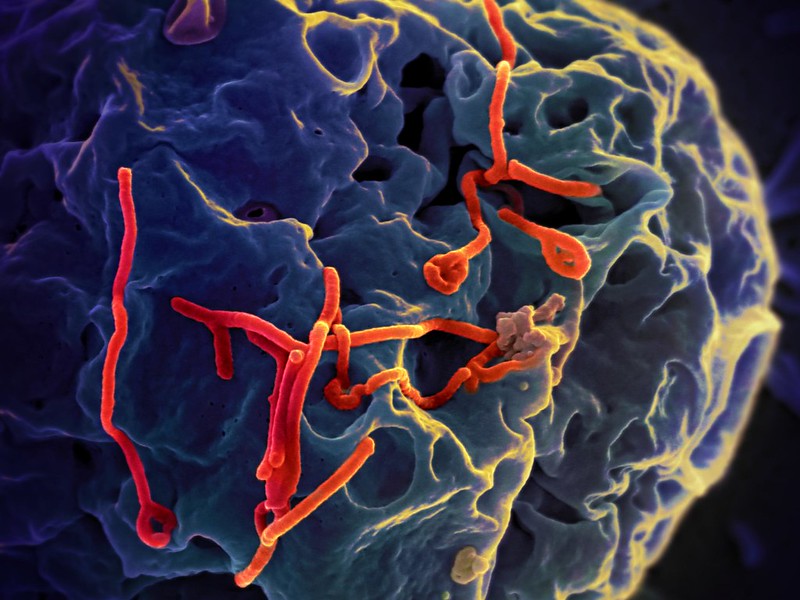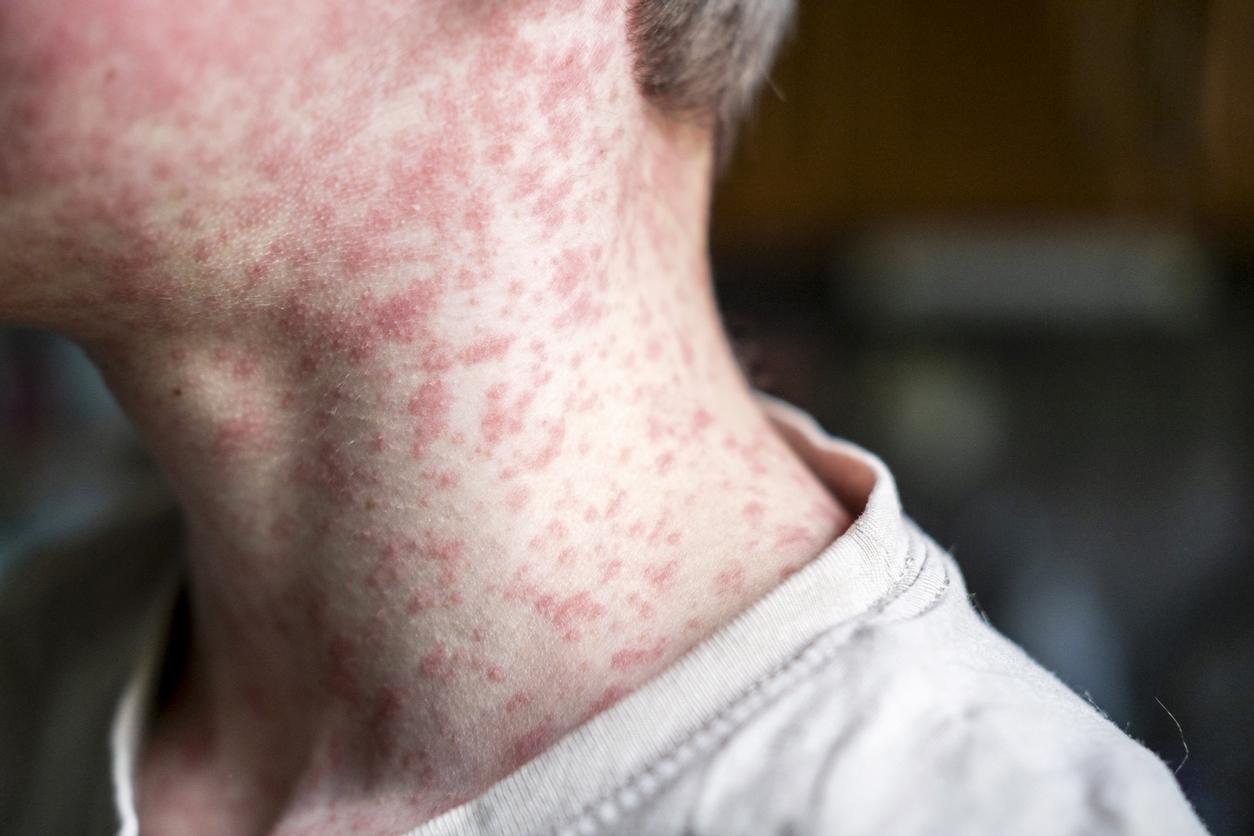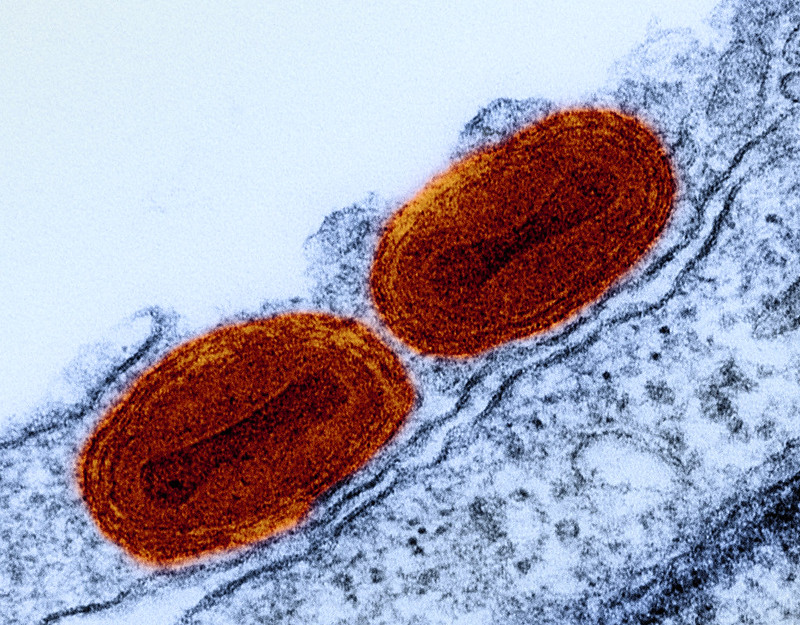In an update on March 8 the World Health Organization (WHO) shared new details about a second cluster of cases—three confirmed and two probable—in Uganda’s Ebola Sudan outbreak, which have raised concerns about undetected transmission and have led to ramped up surveillance.

All of the cases have links to a 4-year-old child, reported as the tenth case, whose confirmed death from the virus occurred on February 25. The WHO’s African regional office last week reported that the boy’s mother had died of an acute illness after delivering a baby in the hospital. The baby also died. Neither were tested, and both fatal illnesses were recorded as probable cases. The report notes that the mother and baby were from Ntoroko district in the west of the country, not far from the Democratic Republic of the Congo (DRC) border.
Unsupervised burial in 3 recent deaths
The WHO said the mother was pregnant when her symptoms began on January 22. She died on February 6, and her newborn child died on February 12. “The three deaths did not have a supervised burial,” the WHO said.
The eleventh confirmed case involves a woman who had contact with the boy, and the twelfth is a woman who had contact with his mother. Both are admitted to Ebola treatment centers.
As of March 2, 192 new contacts have been identified and are under monitoring in connection to the second cluster of cases. The contacts are from Kampala and Wakiso district in the east of the country around the capital city of Kampala, while others are from Ntoroko district in the west.
The outbreak marks Uganda’s sixth Ebola Sudan outbreak. Currently, the case fatality rate is 29%, which is lower than the 41% to 70% levels seen in earlier outbreaks.


















